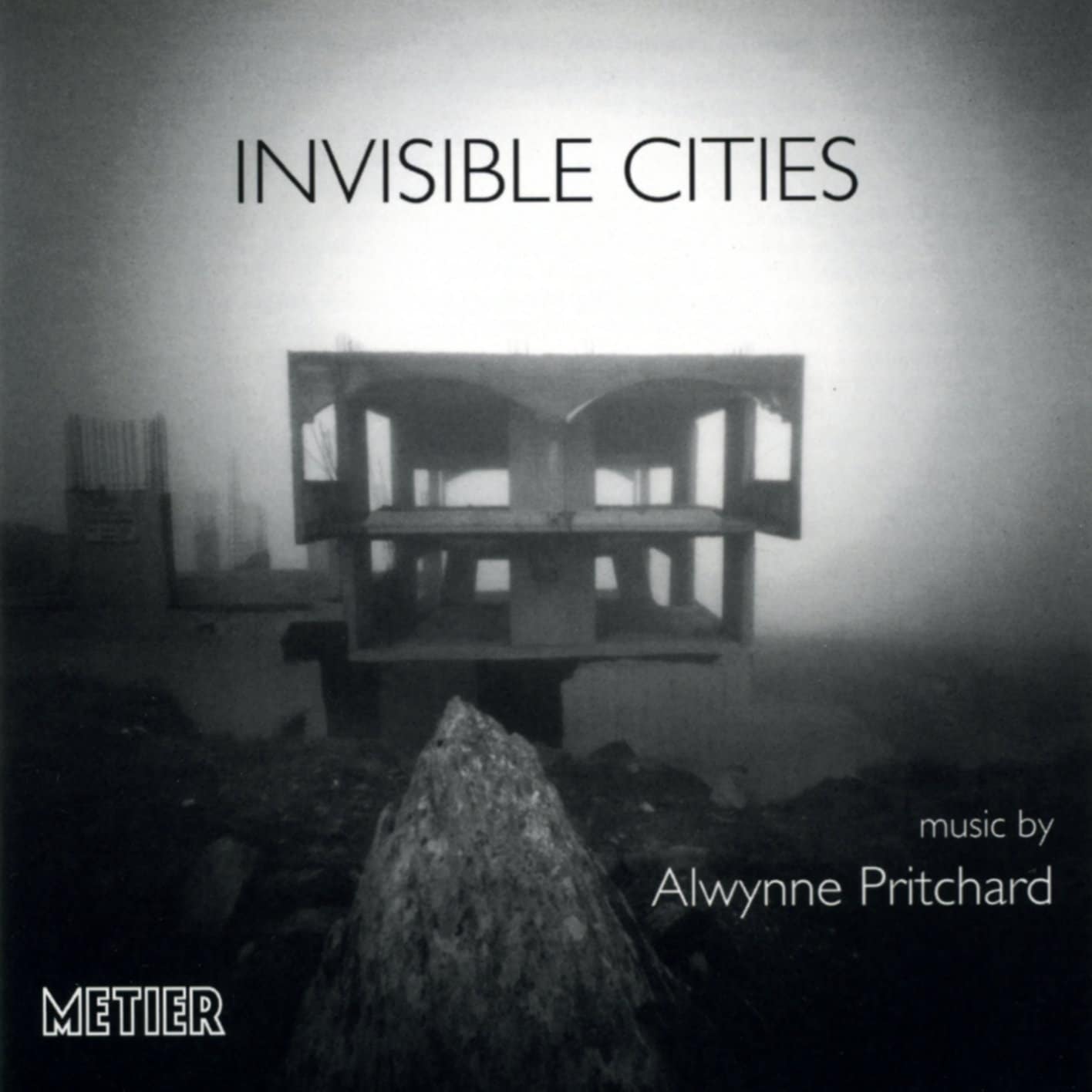Invisible Cities
Cutting-edge contemporary music for both chamber ensembles and solo instruments by this highly individualistic and well-regarded composer.
Alwynne Pritchard was born in Glasgow in 1968. Encouraged by her father, the composer Gwyn Pritchard, she began composing as a teenager and went on to study composition with Robert Saxton at the Guildhall School of Music, and later with Justin Connolly and Michael Finnissy at the Royal Academy of Music where she was awarded many prizes for her work. She has since been distinguished by critics for her “strong, spare language” and “restrained eloquence”.
Track Listing
-
Alwynne Pritchard:
- Spring (1:05)
- Piano Quintet: Barbara Allen (8:19)
- Nostos Ou Topos (Version 1) (3:36)
- Nostos Ou Topos (Version 2) (3:56)
- Matrix (13:37)
- Der Zwerg - I. In truben Licht (6:17)
- Der Zwerg - II. Er spricht (4:48)
- Kit (9:37)
- Der Glucklose Engel (9:02)
- Invisible Cities (13:30)
Reviews
“These pieces are very different from each other… [Pritchard’s] prevailing mood and sound vocabulary is astringent, never music to ‘wallow’ in for old-style sensual satisfaction. The performances, recorded in vivid sound, presumably in association with the composer, are persuasive and this is an intriguing release.
” —Peter Grahame Woolf
“Now that we’re in the new millennium, Pritchard is questioning everything about her own musical assumptions and here are some of the answers, brilliantly performed by members of [Ian] Pace’s Topologies ensemble.
” —Philip Clark
“With formidably well-realised performances from the members of Topologies, and sound which finds clarity and impact in a variety of recording locations, this is an important disc, helping to ensure that Alwynne Pritchard’s music can be heard and well discussed.
” —Richard Whitehouse

















